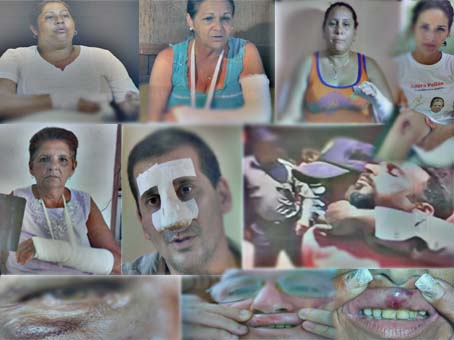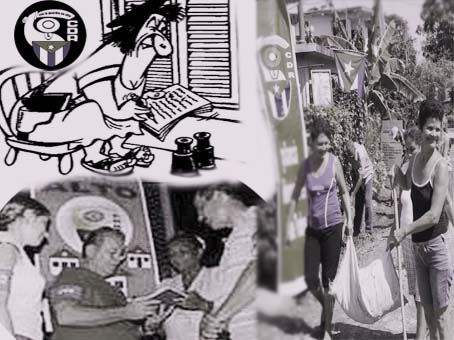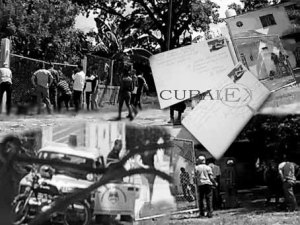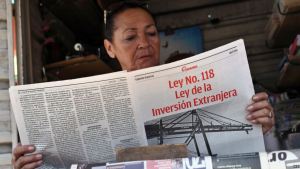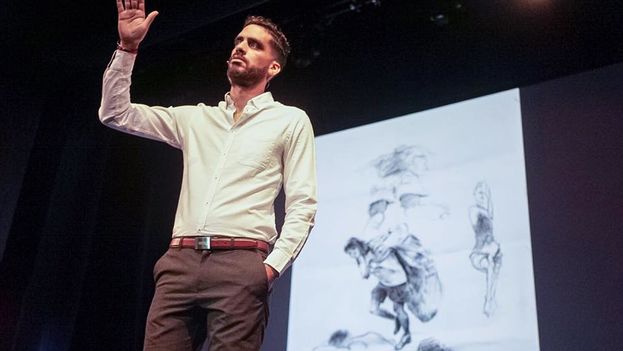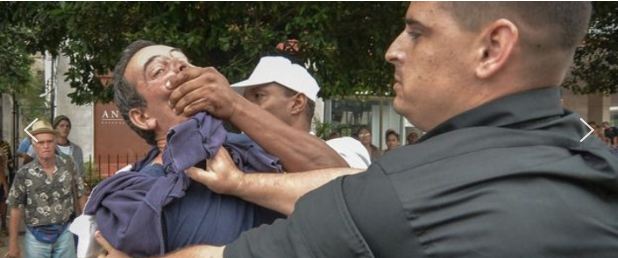 Habeas Corpus will be elevated to constitutional status
Habeas Corpus will be elevated to constitutional status
Cubalex, M.sc. Laritza Diversent — Article 50 of the constitution, as proposed to the National Assembly by the Cuban Communist Party, will recognise Habeas Corpus. This guarantee against illegal arrest was the subject of parliamentary debate. The Deputy for Baracoa in Guantanamo province, Tamayo Mendez, made reference to this precept.
“Any person who is deprived of his liberty,” he read. “Here we are affirming that it was foreseen that someone may be illegally penalised,” he added. “No, not penalised, but illegally deprived of their liberty,” he was corrected by Deputy Jose Luis Toledo Santander, member of the constitutional editing commission. continue reading
“What is being addressed here is the protection of the right of an individual who is deprived of their liberty to due process as established by law. This process exists in the Law of Legal Procedures,” explained Toledo Santander.
Due process” for Habeas Corpus and the authorities’ practices
In effect, Habeas Corpus is regulated in domestic law, but offers no protection against arbitrary detention, nor against enforced disappearance.
For example, one of the “processes established by law” is that of denying Habeas Corpus, if, during the arrest, a “sentence of or order for a limited period of imprisonment” was decreed. Every year, the Cuban state and its agents undertake thousands of arbitrary detentions as a punishment for exercising freedom of expression, meeting and association.
Additionally, it requires that “the place where the person is held be identified, as well as the official or his agent or the functionary who is holding him.” The government agents employ pseudonyms, wear plain clothes and do not identify themselves. As far as human rights defenders are concerned, they do not complete any detention paperwork, to isolate them and make it impossible to identify their location, opening the door to their enforced disappearance.
The tribunals limit themselves to verifying that the required procedural criminal documentation exists, and reject pleas for habeas corpus, without requiring the police officials to produce the person who has been detained and to explain when and why he was detained. It is unlikely they would agree to an applications for oral hearing.
Awarding constitutional status to a guarantee which does not comply with international standards does not constitute any advance in human rights, and is obviously ineffective.
M.sc. Laritza Diversent
Translated by GH












